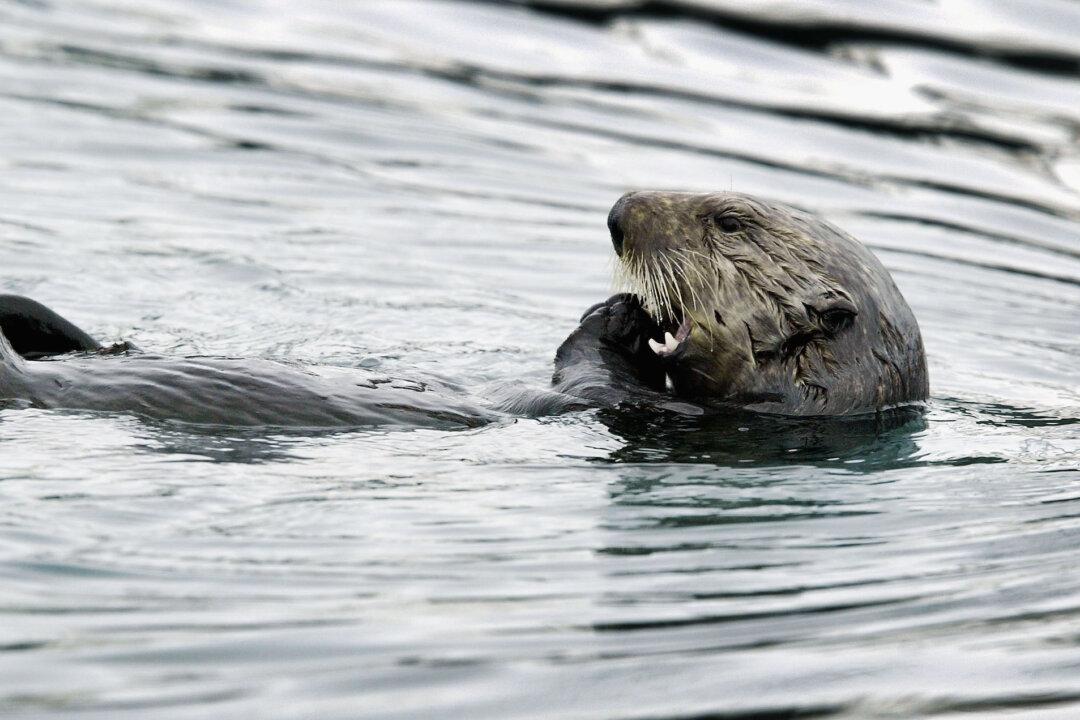Scientists warned that a potent new strain of parasite that killed sea otters off the California coast could also threaten the health of other marine wildlife and humans.
The parasite that causes toxoplasmosis (Toxoplasma gondii) is commonly found in sea otters, according to a joint study from the California Department of Fish and Wildlife and the University of California, Davis. But this new strain, which wasn’t known until 2020, appears to be able to cause especially severe infections and rapidly kill healthy adult otters.





